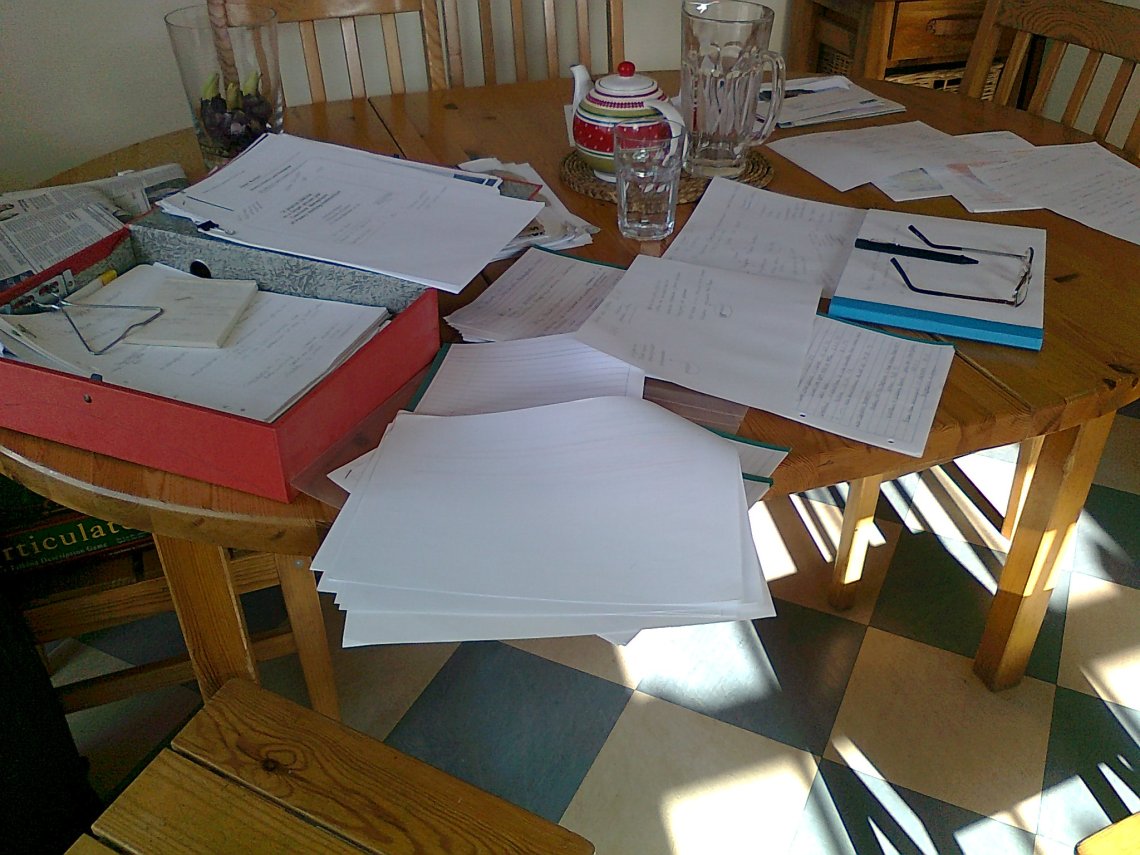A year ago I went to hear Clare Best read from her extraordinary book Excisions (Waterloo Press, 2011). Clare was taking part in a reading to launch a collaboration between the the University of Exeter’s College of Humanities and Arts and Culture Teams. The evening brought together Clare, a poet, with a photographer, a medical practitioner, a writer and psychologist, a cultural historian and a literary critic to explore the issue of preventative medicine, cancer and our perceptions about the body.
To listen to Clare speak about her preventive double mastectomy, with accompanying poems, was a revelation. It is commonplace for artists to use their biographies as material for their work, but less so to encounter such a rich and strange transformation in their presentation of the actuality. In the words of her publisher, this is indeed ‘pioneer territory’, which explores ‘how it feels to experience radical surgery and its aftermath in a society permeated by orthodox ideas of perfection and beauty.’
Poem after poem in ‘Self-portrait without breasts’, the central section of Excisions, takes the reader unsparingly through the process of diagnosis, surgery, recuperation and aftermath. The best of these turn on fictions and images not always allied to the narrative in hand, telling it altogether more powerfully for going at it slant.
My favourite of these is ‘The bookbinder’. The conceit of the poem, apparent from the first line (‘Pare the leather, thin the skin/where it must stretch and crease’), links the bookbinder’s trade to that of a surgeon. Everything in the poem is solid, yet freighted with extra meaning, coming at it does right at the end of the ‘self-portrait’ sequence. It is a poem of flesh, ‘fingers working/over spine and cords, into joints.’
Written in short sentences based on terse, imperative verbs, the poem describes the bookbinder laying on gold leaf ‘with level breath’. That phrase could serve as a description of the book’s procedures as a whole, which is remarkably even in tone. To call work of this kind ‘brave’ is trite (and, personally speaking, the last thing a patient/sufferer usually wants to hear). Nevertheless, we need to recognise innovative and ground-breaking work when we see it, whether that is achieved in tone, content or form. Clare Best masters all three in Excisions. We need more books like it.
The bookbinder
Pare the leather, thin the skin
where it must stretch and crease.
Then paste: the tanned flesh darkens,
wet and chill, fingers working
over spine and cords, into joints,
mitreing corners neat and flat.
Bandage the book in paper, let it
settle under weights, day after day
until the leather’s dry and tight.
When the time is right for finishing,
black the room, clamp the book
spine up in the beech-wood press,
the lamp pointing where to begin.
Hot brass letters and a vigilant hand––
an accurate blind impression.
Paint in glair with a fine brush,
lay on gold leaf, with level breath.
Tilt the light, shadows will reveal
the place to press the tool again.
Now, strike the gold––feel the title
word by word, bright in the grain.
Clare Best, from Excisions (Waterloo Press, 2011)

What a strong, understated poem. I’m glad to read this, Anthony, as I don’t know this collection of Clare’s. Thank you. It occurs to me that you might also like my friend and former student Sharon Black’s collection, which also has a long sequence detailing her experience of cancer: ‘To Know Bedrock’ (Pindrop). Best wishes as always – Roselle
LikeLike
Thanks so much for this Roselle. I will definitely check out Sharon’s work. As ever with best wishes Anthony
http://www.anthonywilsonpoetry.com
You can order Love for Now on Amazon here: http://www.amazon.co.uk/Love-Now-Anthony-Wilson/dp/1907605355
>
LikeLike
I had to stop reading this poem initially. It was so evocative. Almost painful. The message for me was that we place implicit trust in those The professionals, surgeons who work with our bodies. . . distancing them from the person on the table and told the story of the world they inhabit when they cut and shape and mutilate. The ‘wet and chill’ I found most difficult. For those who have had surgery they also bring life although I thought the poem cold too! However-it is rather brilliant!
It just reminded me of scars
LikeLike
Hello Fiona
I’m glad you saw this poem. It is chilly, isn’t it? But in a way I think that is the whole point: the distance required to make art out of trauma is enacted in the poem, counter-intuitively becoming grander and more emotionally harrowing for all its holding back and careful attention to detail. That’s how I read it anyway.
As ever with much appreciation
Anthony
LikeLike